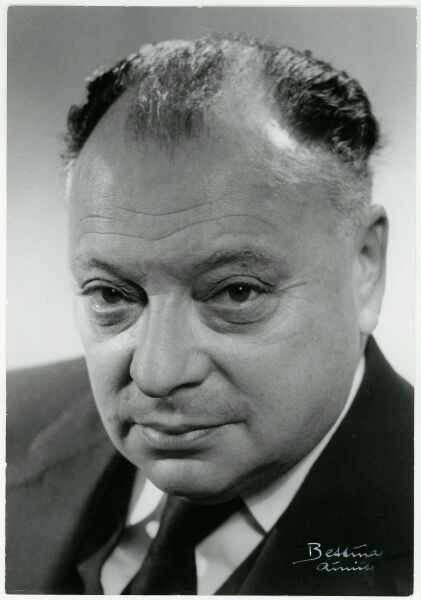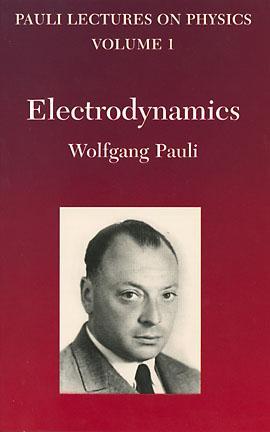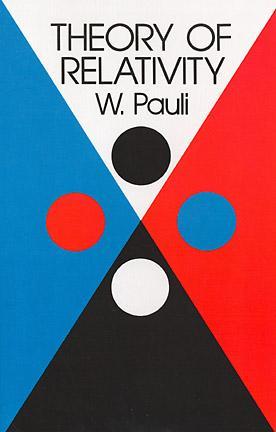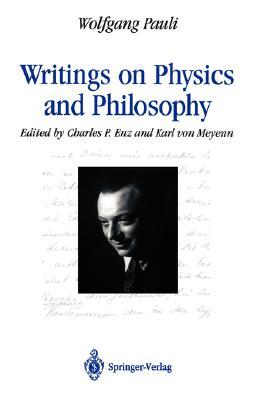Wolfgang Pauli

Dr. Wolfgang Ernst Pauli, Ph.D. (Ludwig-Maximilians University, 1921), was a theoretical physicist and one of the pioneers of quantum mechanics, for which he was awarded the 1945 Nobel Prize in Physics. His paper on Einstein's theory of relativity, written two months after receiving his doctorate, remains a standard reference on the subject to this day. In the field of quantum theory, the "Pauli exclusion principle" is named for him; he also developed the theory of nonrelativistic spin.
In 1928, Pauli was appointed Professor of Theoretical Physics at ETH Zurich in Switzerland. He held visiting professorships at the University of Michigan in 1931, and the Institute for Advanced Study in Princeton in 1935. He was awarded the Lorentz Medal in 1931.
At the end of 1930, shortly after his postulation of the neutrino and immediately following his November divorce, Pauli had a severe breakdown. He consulted psychiatrist and psychotherapist Carl Jung who, like Pauli, lived near Zurich. Jung immediately began interpreting Pauli's deeply archetypal dreams, and Pauli became one of the depth psychologist's best students. He soon began to criticize the epistemology of Jung's theory scientifically, and this contributed to a certain clarification of the latter's thoughts, especially about the concept of synchronicity. A great many of these discussions are documented in the Pauli/Jung letters, today published as
Atom and Archetype
. Jung's elaborate analysis of more than 400 of Pauli's dreams is documented in
Psychology and Alchemy
.
The German annexation of Austria in 1938 made Pauli a German citizen, which became a problem for him in 1939 after the outbreak of World War II. In 1940, he tried in vain to obtain Swiss citizenship, which would have allowed him to remain at the ETH. Pauli moved to the United States in 1940, where he was employed as a professor of theoretical physics at the Institute for Advanced Study. In 1946, after the war, he became a naturalized citizen of the United States and subsequently returned to Zurich, where he mostly remained for the rest of his life. In 1949, he was granted Swiss citizenship.
In 1958, Pauli was awarded the Max Planck medal. In that same year, he fell ill with pancreatic cancer.



